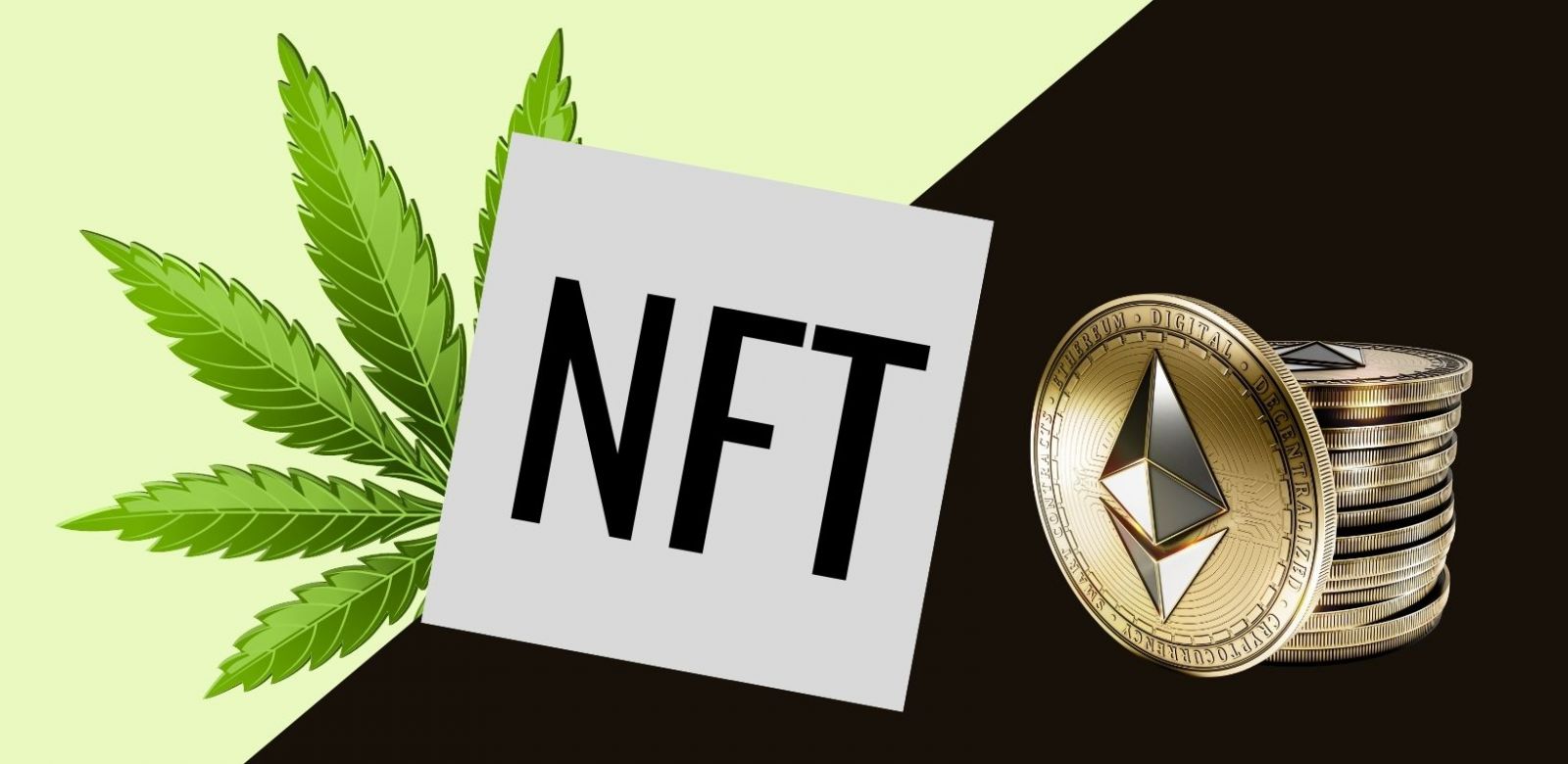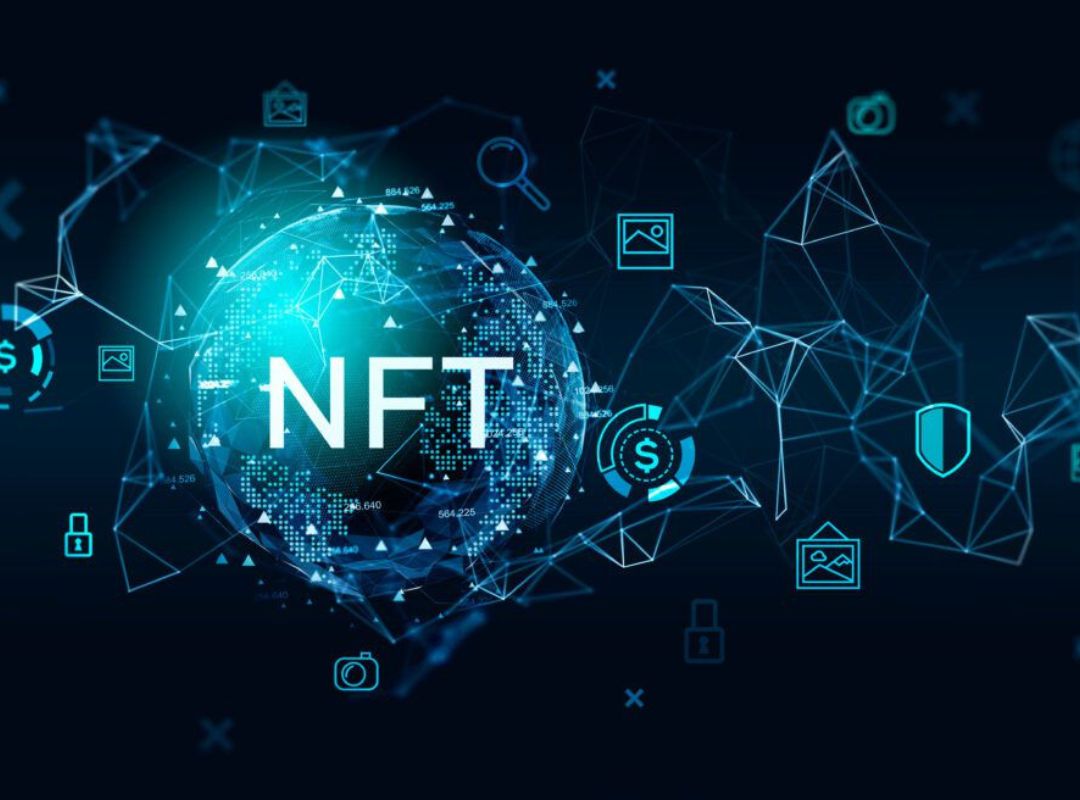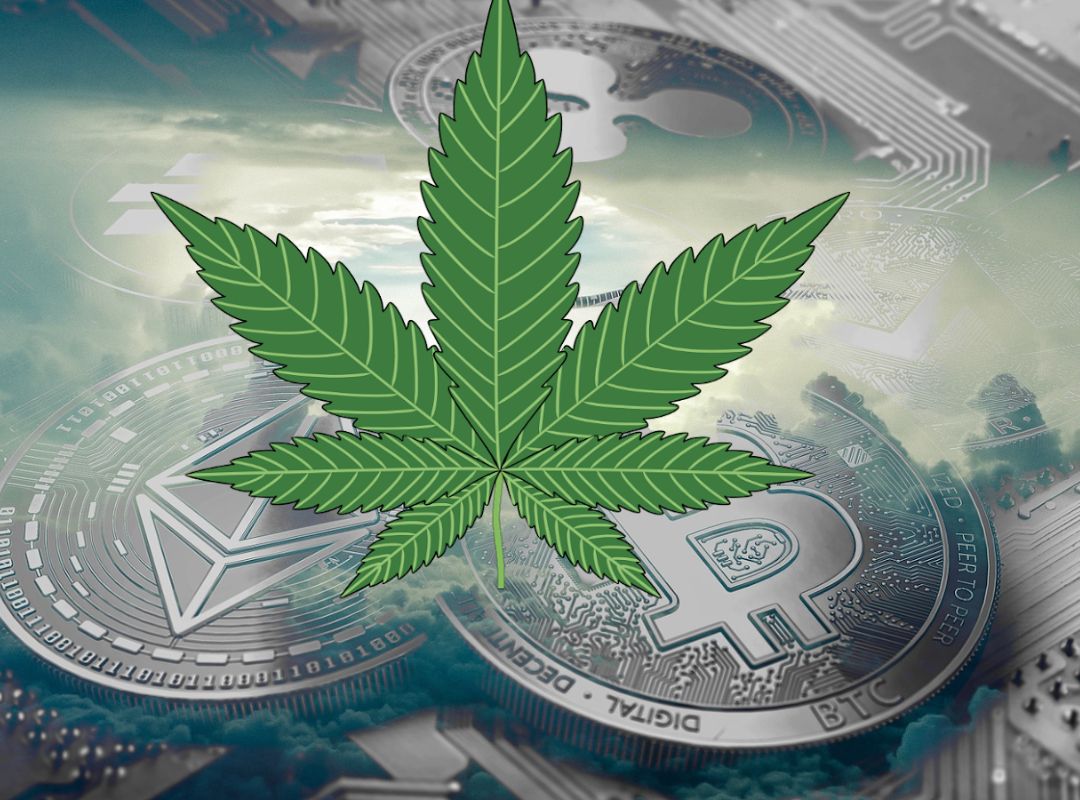
Insights
Cannabis Brand Venture into NFT Space and its Galactic Rise
Cannabis business and the world is dramatically expanding, so much that they have forayed into the NFT (Non-fungible Token) space. Know the leading Cannabis brands in NFT!
Every cannabis company has recently inquired how they can begin making money from cannabis NFTs (non-fungible tokens). Many of these businesses know that NFTs are part of a larger Web3 movement that is somewhat familiar, particularly marijuana businesses. Web3 is primarily a counterculture movement that opposes large institutions that control our data, finances, and other valuable resources.
As they have all emerged in recent years, the cannabis industry, crypto, and NFT marketplaces appear to go hand in hand. For example, PotCoin is the industry's cryptocurrency. Likewise, multiple collectives have flooded the NFT space with everything from digital bongs to Cannabis seed-based artwork collections a la the Bored Ape Yacht Club.
Growing industry adoption of crypto and NFTs isn't immune to the larger issues confronting these digital assets, most notably security, consumer protections, and the environmental effects of managing their digital structures — especially given how frivolous the majority of what is on offer feels.
Marijuana businesses are using non-fungible tokens (NFTs) to create buzz around new products, validate testing results, and sell consumers on exclusive deals. Proponents of NFTs, defined as digital art linked to cryptocurrency and blockchain technology, claim they are the future of the internet's next iteration. It is metaverse.
Even though there are no physical copies, NFTs have gained enormous value in the digital marketplace. But what are NFTs, and how do they relate to your favourite marijuana strain? Continue reading to learn how NFTs quickly gain traction in the cannabis industry.
What exactly is an NFT?

Source: Information Age
A non-fungible token (NFT) is a rare token on the blockchain that people use to establish ownership of digital art and collectables. NFTs can be used to validate the authenticity and provenance of any physical or intangible object.
The term 'non-fungible' means that the token is one-of-a-kind and cannot be duplicated or exchanged for anything else. NFTs have altered people's perceptions of art. The media hype has increased the popularity of NFTs, with celebrities and public figures joining in on the fun.
For example, Twitter founder Jack Dorsey sold the first original tweet made on the platform for $2.9 million. Cannabis, like digital collectables and art, is another industry that has joined this movement.
In terms of cannabis companies, it's easy to see how the attention given to NFTs is in use to help them stand out among competitors. Consumers see the same brands in the physical world in the metaverse; increased recognition can make the products more desirable in both.
NFTs and Cannabis

Source: Blockzeit
As a cannabis entrepreneur with monetary interests, you may be interested in learning more about how non-fungible tokens can benefit you. Furthermore, how and what will NFTs benefit the cannabis industry?
Cannabis brand NFTs are digital certificates that are traded on the blockchain. Unfortunately, most people believe that blockchain only applies to trading cryptocurrencies. Fortunately, in the present times, anything can be digitised and traded as an NFT, including art, collectables, and music. Cannabis brand NFT data is encrypted as tokens on the blockchain. A digital certificate is attached for authentication purposes, and the blockchain verifies the digital certificate during an NFT transfer or sale.
It is to be noted that each NFT is unique and cannot be replicated. If copied, the duplicate NFT will be devoid of a certificate and thus considered a forgery. NFTs are typically limited utility, often used for branding, games, and promotions. But, in general, NFTs have provided artists with a new source of income. In this case, cannabis companies are also benefiting from NFTs.
The Ethereum cryptocurrency is currently being used to process NFTs. Other cryptos, on the other hand, can process non-fungible tokens. Most of these crypto platforms are used to conduct illegal transactions to maintain anonymity and traceability. Alternatives such as PotCoin and DopeCoin, however, are used to purchase legal substances such as weed, which is state-regulated depending on where you live.
The marijuana community is a largely engaging and respectable community comprised of cannabis product users and those who participate passively as investors or enthusiasts. Even with the NFT craze and rise in the cannabis industry, you can still choose to consume high-quality weed products from a cannabis dispensary. Still, why should you purchase digital marijuana?
As Reuters reports, digital products/assets have exploded in popularity during the coronavirus pandemic. High-priced digital assets are uncommon in general. Furthermore, the 'non-fungible' part of NFT refers to the idea that each NFT is completely authentic, original, and one-of-a-kind.
As such, digital marijuana differs from traditional cannabis seeds, from which you can grow new cannabis, cannabis edibles, or products purchased from a cannabis dispensary. Investors generally regard digital products as speculative and unlikely to provide a significant return on investment upon resale. However, the emphasis is on uniqueness and value rather than actual consumption.
Despite sweeping the art market and being used by mainstream businesses, skeptics claim the tokens have little value. Critics also believe that the cryptocurrency industry is riddled with scams. Nonetheless, marijuana and hemp companies are intrigued enough to enter the market with an open mind.
[[relatedPurchasesItems-36]]
A revolution that none can neglect – NFT boom and Cannabis brand impact
As NFTs are irreplaceable, they are an effective way for brands to craft special categories of interaction between themselves and the NFT holder – such as discounts or invitations to exclusive events.
NFTs can also benefit the cannabis industry. For example, a cannabis breeder could use NFTs to register crops to provide a time-stamped, unalterable digital record proving they were "first" in creating a specific strain. People may be able to order cannabis supplies as well.
An NFT is "minted" through a platform such as OpenSea, a large NFT marketplace. Then, with a digital asset of your choice (usually a digital image), you add it to the blockchain, making it available for sale. Most NFTs are digital art, but the underlying technology and connection to the blockchain place NFTs at a critical juncture in history.
NFTs continue to gain new meaning and function, and they will undoubtedly become more common in the coming years.
Furthermore, as long as cannabis is federally illegal, banking in the cannabis industry will be extremely difficult, if not impossible. Therefore, moving to the blockchain appears to be the logical next step for the cannabis industry.
Beware of scamsters!
Cannabis companies interested in minting NFTs or creating originals should be aware of the risk of infringing on preexisting intellectual property. For example, a series of NFTs is designed to resemble a well-known fashion logo, such as Louis Vuitton. The high-end luxury company owns numerous trademarks, and if an NFT is intentionally designed to resemble something famous or well-known, expect a trademark suit from the famous brand.
Because it's an NFT, IP considerations aren't important. So, a lot of the time, people don't pay attention to who owns the IP. One major ambiguity: the NFT marketplace is not part of the real-world legal system, and there is no metaverse judge or courtroom to address any issue of copyright or trademark infringement.
Article by Ananya Bhattacharjee, Beverage Trade Network



